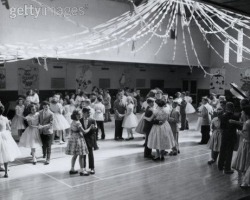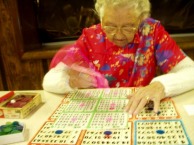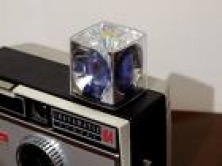
Sarah Ahmad lives in Pakistan. She likes to call herself a struggling poet and artist as in her world where life is so fragile,not knowing if you will return alive every time you step out of the house, getting someone to acknowledge your art is a real struggle. She hopes to do some good in the world,just don't know what yet.






 RSS Feed
RSS Feed